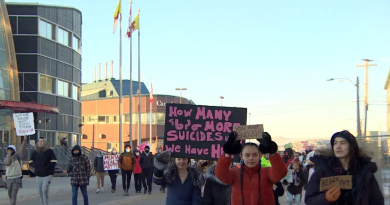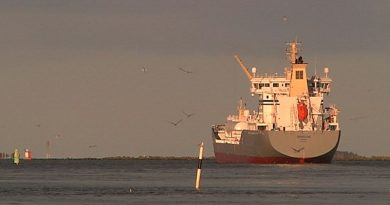Inuit orgs mark anniversary of landmark Canadian report on violence against Indigenous women
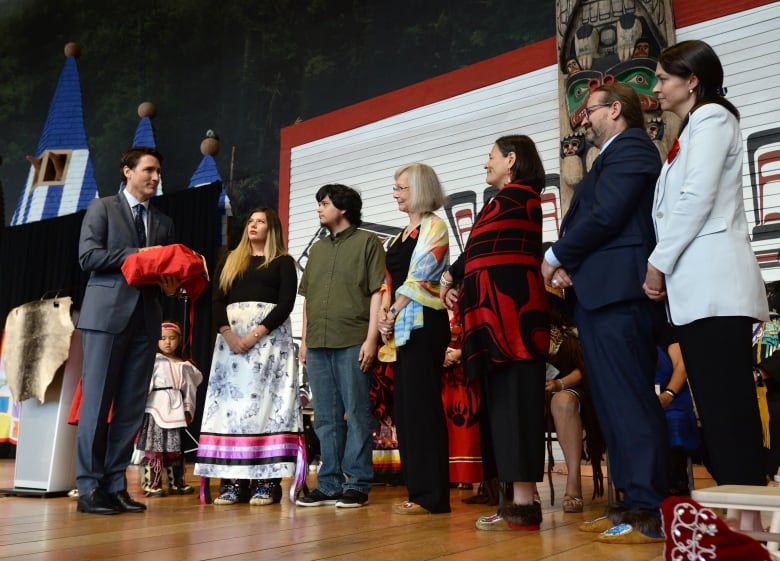
Wednesday marked the one-year anniversary of the release of Canada’s landmark report on violence against Indigenous women, and Inuit organizations observed the occasion by revoicing the importance of implementing the Inuit-specific recommendations.
“On this poignant anniversary, ITK once again thanks everyone who was involved in making the National Inquiry a powerful agent for change, including family members, survivors of violence, elders, and experts who openly spoke their truths over two years of cross-country public hearings and evidence gathering in the interest of giving power to future generations,” Inuit Tapiriit Kanatami (ITK), Canada’s national Inuit organization, said in a news release.
Canada’s National Inquiry into Missing and Murdered Indigenous Women and Girls (MMWIG) was announced by Prime Minister Justin Trudeau in 2015 after calls from many Indigenous leaders, groups and organisations to examine the high rates of violence against indigenous women in Canada.
“Unprecedented national opportunity for transformative change”: ITK
The national inquiry held 15 public community hearings, and visited each of Canada’s northern territories: Yukon in the northwest, the Northwest Territories, and Canada’s eastern Arctic territory of Nunavut. The MMWIG commissioners heard 1484 testimonies from families and survivors during this period of the inquiry. Separate hearings were also held to hear testimony from people working in institutions and from elders, academics, front-line workers and specialists.
The final report was issued on June 3, 2019.
It included 231 calls for justice, with 46 Inuit-specific recommendations that included everything from the need for better mental health services in the Arctic to the need for urgent action on the housing crisis.
“On this day and every day I affirm my commitment to fulfilling my obligations to uphold and advance the work of implementing the Calls for Justice,” said ITK president Natan Obed.
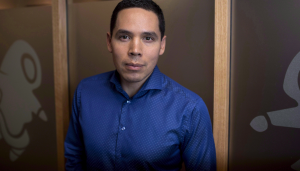
“ITK echoes the calls from families and from the National Inquiry for substantive equality for First Nations, Inuit, and Métis women and girls, and solutions based on self-determination and self-governance reflective of the distinct relationship between Inuit and the Crown.
“This is an unprecedented national opportunity for transformative change, and I urge the Government of Canada to respond to the Calls for Justice with humility and respect through all steps necessary, in partnership with Inuit, to bring about the change we all need.”
National action plan delayed
Among the calls for justice was the co-creation of a national action plan for implementing the recommendations between Indigenous, federal, provincial and territorial governments.
A national action plan was expected on Wednesday, but at the end of May, the federal government said the process had been derailed by the COVID-19 pandemic and that it wasn’t possible to give a time line for when it might be finished.
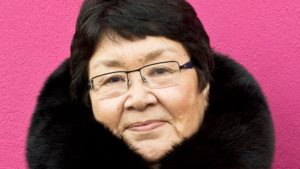
On Wednesday, Pauktuutit Inuit Women of Canada, renewed their calls for the national action to be delivered as quickly as possible.
“Together, we invested in the National Inquiry as we had hoped for real change,” Pauktuutit Pesident Rebecca Kudloo said in a statement.
“We shared the hope of a country that we could reconcile this painful past and get to a future where these things no longer happen. I know many of you are very disappointed with the delay in getting to an Inuit national action plan. Like you, the Pauktuutit Board and I will never give up and will continue our discussions with government partners and others from tomorrow.
“Your spirit and courage are with me every day. I thank you for sharing the lives of your loved ones. May their memories live on.”
Write to Eilís Quinn at eilis.quinn(at)cbc.ca
Related stories from around the North:
Canada: Delay on gender violence action plan a “disappointment,” says Canadian Inuit women’s org, Eye on the Arctic
Finland: Swedish-speaking Finnish women launch their own #metoo campaign, Yle News
United States: Alaska reckons with missing data on murdered Indigenous women, Alaska Public Media


